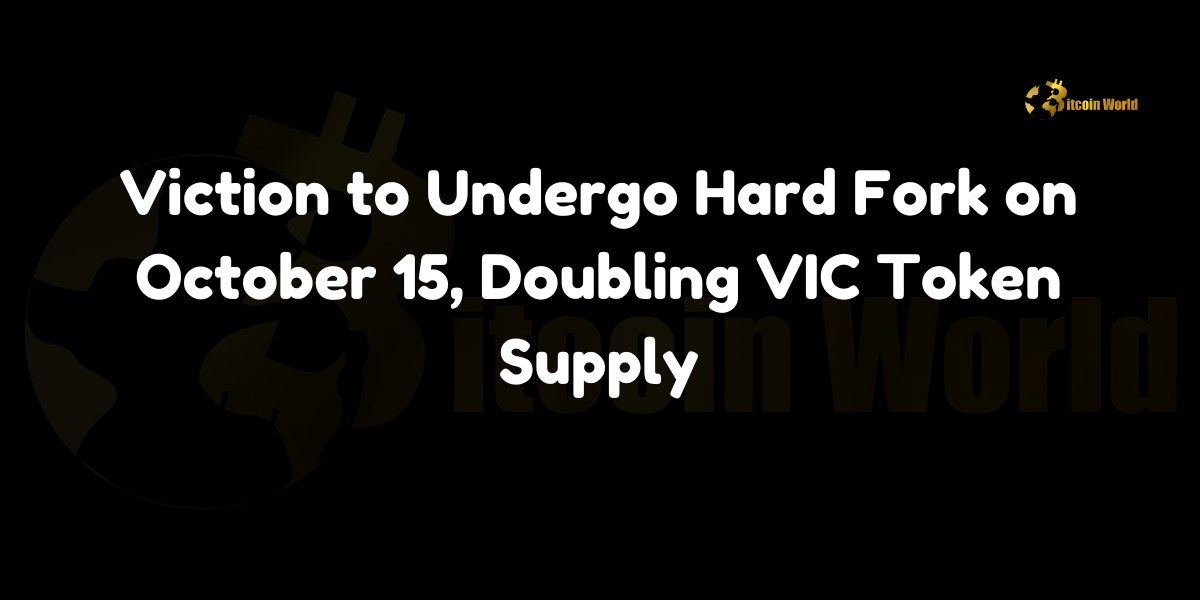Digital Asset Completes Successful Pilot Tokenizing Bonds and Gold on Canton Protocol
Digital Asset, a leading company specializing in real-world asset tokenization, has successfully completed a pilot project using the Canton Protocol to tokenize U.K. bonds, Eurobonds, and gold for financial transactions. According to CoinDesk, the pilot ran between June and July 2024 and involved key participants such as Euroclear, the World Gold Council, Clifford Chance, and several prominent banks and investors. The successful completion of this project marks a significant step in the tokenization of real-world assets, a sector predicted to surpass $2 trillion by the end of the decade.
The tokenization of real-world assets using Canton Protocol is seen as a groundbreaking advancement in how traditional financial instruments like bonds and commodities, such as gold, can be digitized for more efficient trading and settlement. By leveraging the Canton Protocol, Digital Asset enabled the secure, decentralized issuance and trading of tokenized bonds and gold, providing a glimpse into the future of financial markets.
The Pilot Project: Tokenizing Bonds and Gold
The pilot conducted by Digital Asset focused on tokenizing U.K. bonds, Eurobonds, and gold, which are among the most widely traded assets in global financial markets. Through tokenization, these assets were transformed into digital tokens that can be traded seamlessly on a blockchain, reducing settlement times, enhancing transparency, and lowering transaction costs.
Key participants in the project included financial infrastructure provider Euroclear, the World Gold Council, and legal firm Clifford Chance, as well as several leading banks and institutional investors. This broad participation underscores the growing interest in asset tokenization among major financial institutions, especially as the potential benefits of faster, more transparent, and secure transactions become increasingly clear.
Canton Protocol: The Backbone of Asset Tokenization
The Canton Protocol, used in the pilot, is a blockchain platform designed for the tokenization of real-world assets. It allows the secure issuance, management, and transfer of tokenized assets, leveraging the benefits of distributed ledger technology (DLT) to improve the efficiency and security of financial transactions.
By using the Canton Protocol, Digital Asset was able to digitize complex financial instruments like bonds and gold in a manner that complies with regulatory standards. The protocol ensures that all participants can interact seamlessly within a decentralized yet highly secure ecosystem, making it an ideal solution for financial institutions looking to modernize their asset management and trading infrastructure.
The Growing Market for Real-World Asset Tokenization
The success of this pilot highlights the increasing demand for the tokenization of real-world assets, which is forecasted to become a multi-trillion-dollar market by the end of the decade. Tokenization allows assets that have traditionally been illiquid or difficult to trade, like bonds and gold, to be represented as digital tokens that can be easily bought, sold, or transferred on blockchain platforms.
Market analysts predict that by 2030, the tokenization market could surpass $2 trillion, as more assets are digitized and traded on decentralized networks. The tokenization of bonds and gold is just the beginning, as other asset classes, including real estate, equities, and commodities, are likely to follow suit. By embracing this technology, financial institutions can unlock new liquidity and efficiency for traditionally cumbersome markets.
Implications for the Financial Industry
The successful completion of Digital Asset’s pilot using the Canton Protocol has important implications for the global financial industry. Tokenization offers a more efficient alternative to the current system of asset management, reducing settlement times from days to mere minutes and cutting down on transaction costs by eliminating intermediaries.
Moreover, by utilizing blockchain technology, the process of asset tokenization introduces a higher level of transparency and security into financial markets. This innovation can also help financial institutions comply with regulatory standards by ensuring that transactions are recorded immutably on a distributed ledger, reducing the risk of fraud or mismanagement.
The Canton Protocol and similar blockchain platforms will likely play a crucial role in the future of asset management, providing the infrastructure needed to tokenize a wide range of financial instruments. As major financial players like Euroclear and the World Gold Council get involved in projects like this, it is clear that tokenization is moving from the realm of experimental technology into the mainstream financial ecosystem.
Conclusion
The successful pilot by Digital Asset to tokenize U.K. bonds, Eurobonds, and gold using the Canton Protocol marks a significant leap forward in the tokenization of real-world assets. With major players such as Euroclear and the World Gold Council on board, the potential for asset tokenization to transform the financial landscape is becoming increasingly clear. As predictions suggest, the tokenization market could exceed $2 trillion by 2030, offering new opportunities for efficiency, liquidity, and transparency in financial transactions.
To learn more about asset tokenization and the latest developments in blockchain technology, explore our in-depth articles covering the future of decentralized finance.





